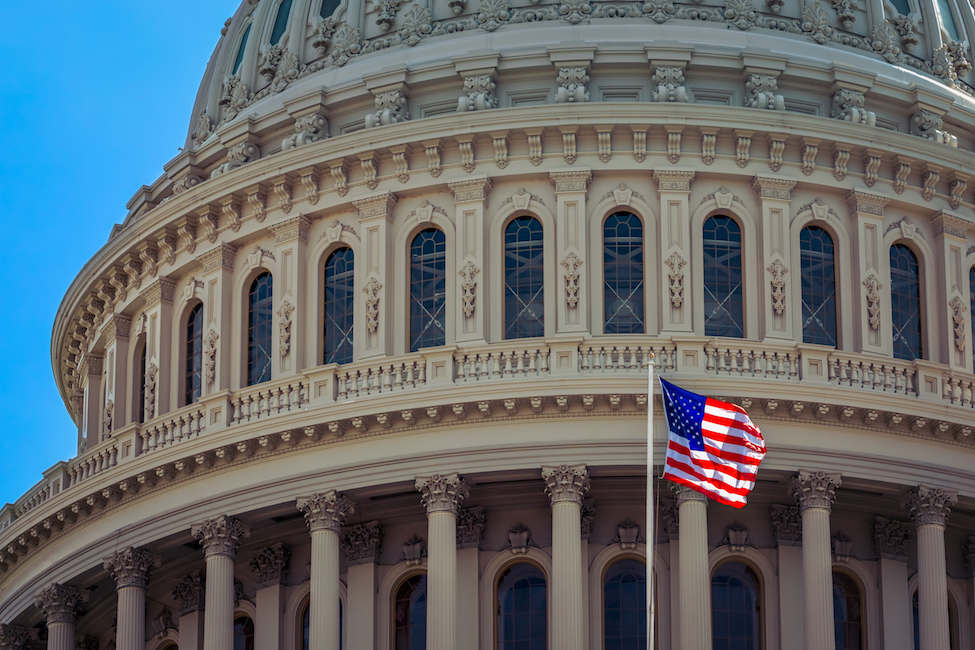FAU Poll Finds Tight Races for Florida Governor, U.S. Senate

Since the last FAU survey less than one month ago, Scott has seen his six-point lead on Nelson shrink to a narrow gap of less than one point, 42.0 percent to 41.3 percent, with 11.4 percent undecided. The margin of error for the survey is +/- 3.3 percent.
With less than seven weeks before Election Day, Democratic U.S. Sen. Bill Nelson and Republican Gov. Rick Scott are in a statistical tie in Florida’s critical U.S. Senate race, while Democratic nominee Andrew Gillum holds a narrow lead over Republican nominee Ron DeSantis in the battle to be the state’s next governor, according to the statewide survey by the Florida Atlantic University Business and Economics Polling Initiative (FAU BEPI).
Since the last FAU survey less than one month ago, Scott has seen his six-point lead on Nelson shrink to a narrow gap of less than one point, 42.0 percent to 41.3 percent, with 11.4 percent undecided. The margin of error for the survey is +/- 3.3 percent.
Scott has a slight edge in overall job approval, with 42.6 percent of voters approving Scott’s performance as governor and 38 percent disapproving. Nelson has an even split on his performance as senator, with 36.5 percent approving and 36.9 percent disapproving.
In the gubernatorial race, Gillum, the mayor of Tallahassee, has 41.3 percent of the vote, while DeSantis, a former U.S. representative, garnered 38.5 percent, with 15.3 percent undecided.
“Florida continues to be a sharply divided state,” said Kevin Wagner, Ph.D., professor of political science at FAU and a research fellow of the Initiative. “When races are this close, it is often enthusiasm and turnout that make the difference.”
FAU BEPI also polled voters’ opinions on a number of issues that were raised in this year’s political races, as well as proposed amendments to the state’s constitution.
Regarding the algae blooms that have plagued Florida’s coasts, 32.2 percent of voters said the state government is most responsible, while 16.7 percent said it was city and county government, 13.3 percent said the federal government and 37.8 percent said they don’t know.
A ban on assault weapons is also supported by a majority of voters (50.7 percent), while 30 percent oppose and 19.4 percent are undecided.
A majority of voters (52.2 percent) supports raising the minimum wage in Florida to $15 an hour, a proposal that Gillum has strongly supported, while 27.2 percent oppose such a hike and 20.6 percent are undecided.
“It appears that these popular policies favor Democrats,” said Monica Escaleras, Ph.D., director of the BEPI. “The algae blooms have been a particularly contentious issue, with both Scott and Nelson trying to blame the other. Our polling suggests that more Floridians are holding the state government responsible. This might pose a challenge for Gov. Scott in November.”
Nearly half of those surveyed (48.5 percent) support restoring felon voting rights for people who have completed their sentences, a question before voters in one of several proposed constitutional amendments on the Nov. 6 ballot. Restoration of felon voting rights is opposed by 25 percent of voters, while 26.4 percent are undecided.
Regarding another proposed amendment, 43.6 percent of voters support requiring two-thirds of the legislature to approve any new or increased taxes or fees, rather than a simple majority, while 21.3 percent oppose and 35.1 percent are undecided.
U.S. President Donald Trump’s approval rating fell four points from last month’s poll to 38.7 percent, while his disapproval rating stands at 47 percent, his lowest number in more than a year.
Party breakdown among the survey respondents was 37 percent Democrats, 35 percent Republicans and 28 percent Independents.
The survey was conducted Sept. 13-16 and polled 850 Florida registered voters who said they are likely to vote. The survey was conducted using an online sample supplied by Survey Sampling International using online questionnaires and via an automated telephone platform (IVR) using registered voter lists supplied by Aristotle, Inc. The survey has a margin of error of +/- 3.3 percentage points. Responses for the entire sample were weighted to reflect the statewide distribution of the Florida population. The polling results and full cross-tabulations are available at www.business.fau.edu/bepi.
-FAU-
Tags: business | faculty and staff | students